Doing business
Bulk and so much more
-
North Sea Port is a true dry bulk specialist. Dry bulk accounts for 53% of the transhipment of goods by sea-going vessel in our port area. We welcome and provide accommodations for a large number of companies that store, tranship, process or manufacture dry bulk goods. Each of them has its own unique added value, which enables North Sea Port to create clever synergies.
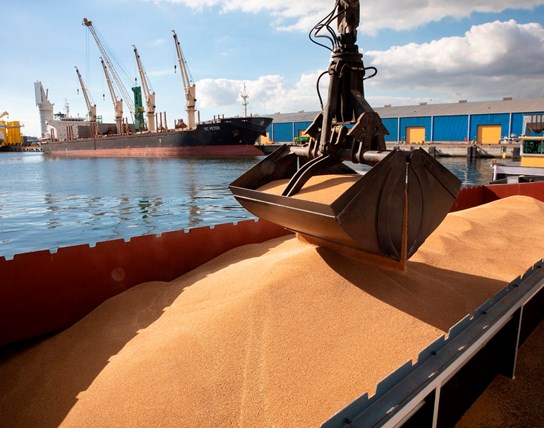
Dry bulk
-
North Sea Port is a major European player in liquid bulk as well: liquid bulk accounts for 23% of the transhipment of goods by sea-going vessel in our port area. There are a myriad of storage options and we offer added value by means of production, tolling, blending and transport.
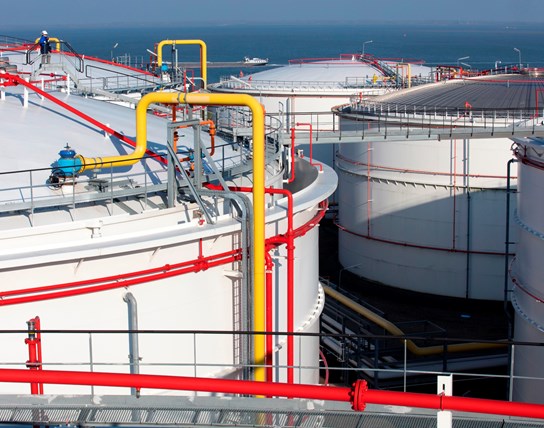
Liquid bulk
-
Many leading breakbulk players have established their locations in the port area of North Sea Port. Breakbulk makes up 15% of the goods transshipped by sea-going vessel at North Sea Port. Thanks to this North Sea Port is the top port in Europe for breakbulk.
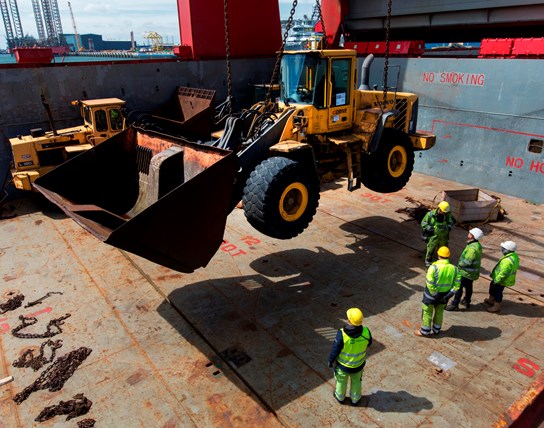
Breakbulk
-
Taken together, the leading companies located in the port area form the backbone of North Sea Port's development. Raw materials, parts and semi-finished products arrive in the port on ships and are processed into final products here. This represents unique added value for the activities taking place in the port area in the form of new valuable opportunities for growth and employment.
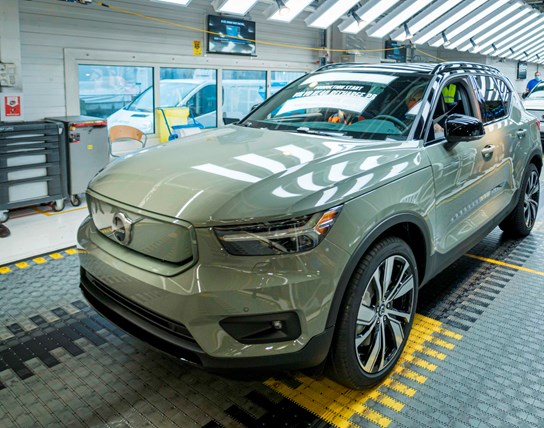
Manufacturing sector
-
North Sea Port is pursuing long-term development as a food port. North Sea Port is already ‘Europe's top orange juice port’: around half of all juice for the European market passes through our port. One major asset is found in Vlissingen, where a significant number of overseas connections offer potential for expansion. Many opportunities still await on the Flemish side as well.
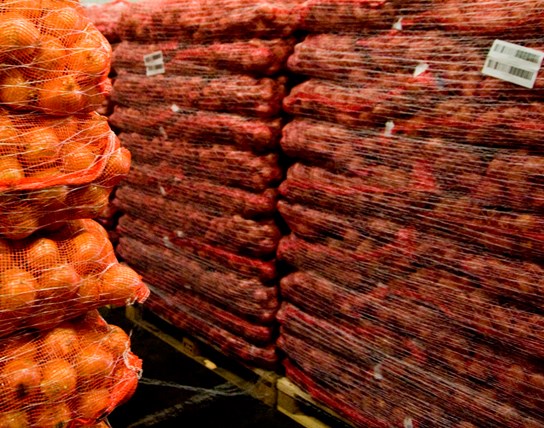
Food
-
North Sea Port is pursuing further development as an energy port. The port is investing in the production of renewable energy, both offshore wind and solar power, along with the reduction and reuse of CO2, CO and other gases.
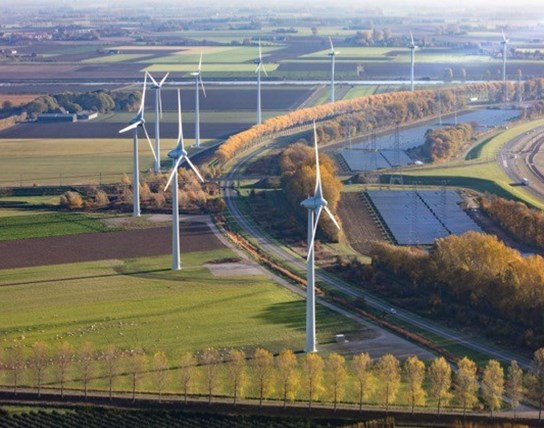
Energy
-
North Sea Port strives to achieve a circular economy by encouraging companies to conserve, exchange and reuse raw materials and energy. By viewing waste as a potential resource, we not only help reduce the global accumulation of rubbish but automatically take a more conservation-minded approach to materials, energy and fuel as well.
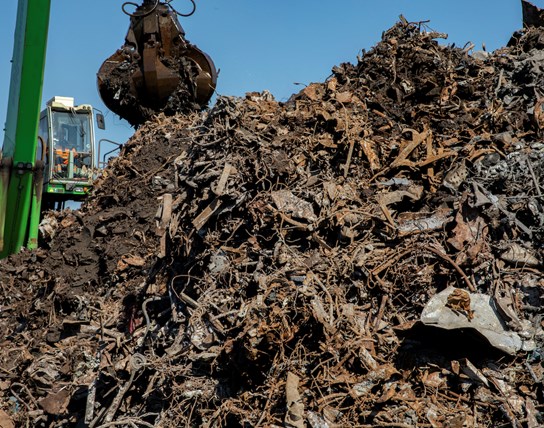
Recycling
-
At this time, RoRo accounts for 6% of the goods transshipped via maritime shipping.
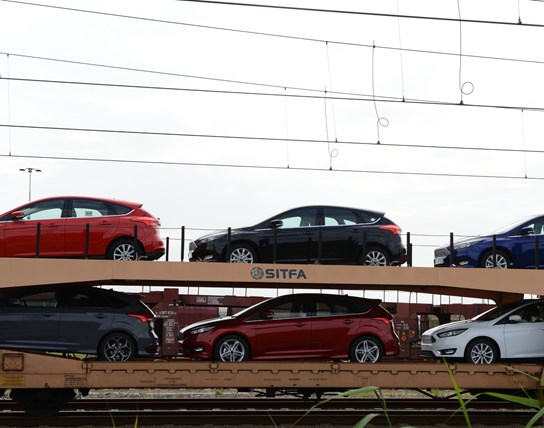
RoRo
-
Containers are a growing trend in the maritime world, and North Sea Port is no exception. More and more often, both shipping companies and companies that trade in containers are finding their way to our port. Thanks in part to excellent connections by seagoing ship, inland and shortsea shipping, rail and road, containers quickly find their way from North Sea Port to the hinterland.
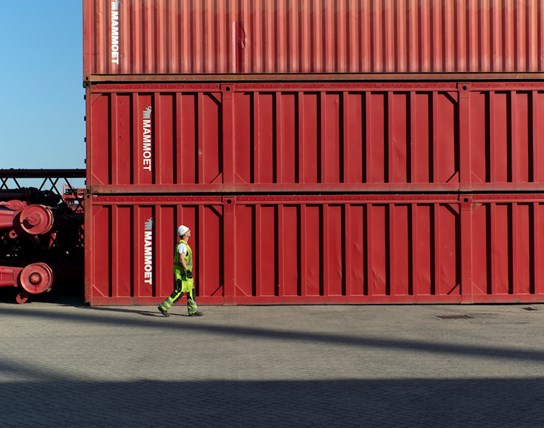
Containers
-
North Sea Port is committing itself in a variety of ways to achieving a bio-based economy.
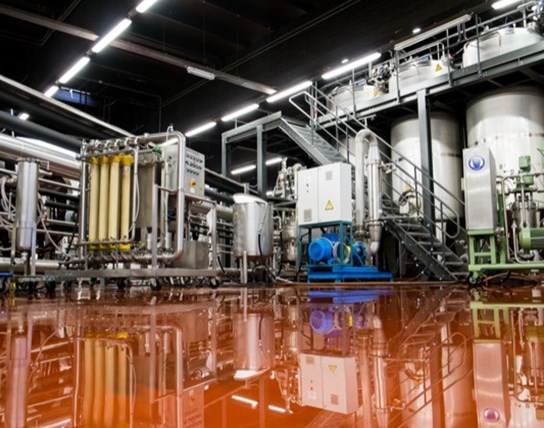
Bio-based economy
-
North Sea Port still has 500 hectares of commercial property available for warehousing, logistics and/or distribution.
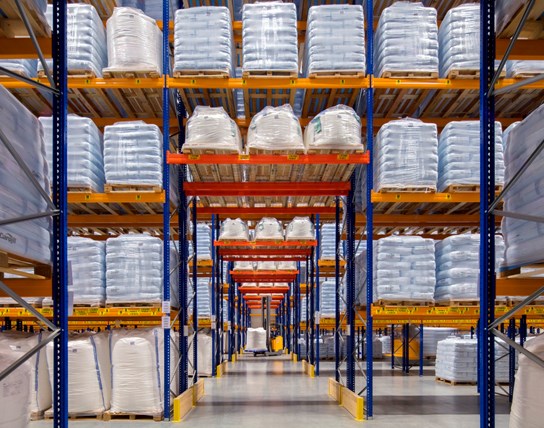
Warehousing and logistics
Multimodal port
North Sea Port is a logistical hub at the centre of Europe. The port's location in Western Europe and its infrastructure make it a true multimodal port. As a deep-sea port, North Sea Port lies in the Hamburg - Le Havre range, right at the heart of Western Europe and along the major North Sea-Rhine-Mediterranean and North Sea-Baltic corridors.
North Sea Port also lies at the junction of various European transport links. As a result, we receive ships from all across the globe and pass goods on to the rest of Europe – and beyond – via an extensive network of hinterland connections. More and more, North Sea Port is opting for transport by means of inland shipping, rail and pipeline. This modal shift is allowing us to both reduce congestion on saturated motorways and take responsibility for conserving the environment.
Terminals with regular liner services
For seagoing ships, North Sea Port offers permanent liner services to Central and South America, along with service to nearly the entire Mediterranean region and European coast for the shortsea sector. There are numerous inland shipping and rail connections as well. North Sea Port has a number of multimodal terminals to serve these modalities.
A list of the regular liner services and multimodal terminals in North Sea Port can be found via the link below.
Optimisation of hinterland connections
North Sea Port looks ahead. This is done in the shape of smart infrastructure projects on the water, on the road, on railways and for pipelines we co-invest in improving the connections to the hinterland.
500 hectares of free space
Tariffs and conditions
Certain conditions and tariffs are in force for everyone who works with North Sea Port. From 2021, the same tariffs will apply to the entire port area. For the Dutch port zone, terms and conditions also apply to the allocation of land, to purchases and to excavation works and work on cables and pipes. All tariffs and conditions have been gathered together on one handy page.
Trade facilitation
North Sea Port is committed to the rapid transit of goods in the port. For example, there are various Border Control Posts in the port area and we work closely with clients and government partners. We also have a large network of hinterland connections, offering companies and customers smooth and safe means of importing and moving products through the European Union.
